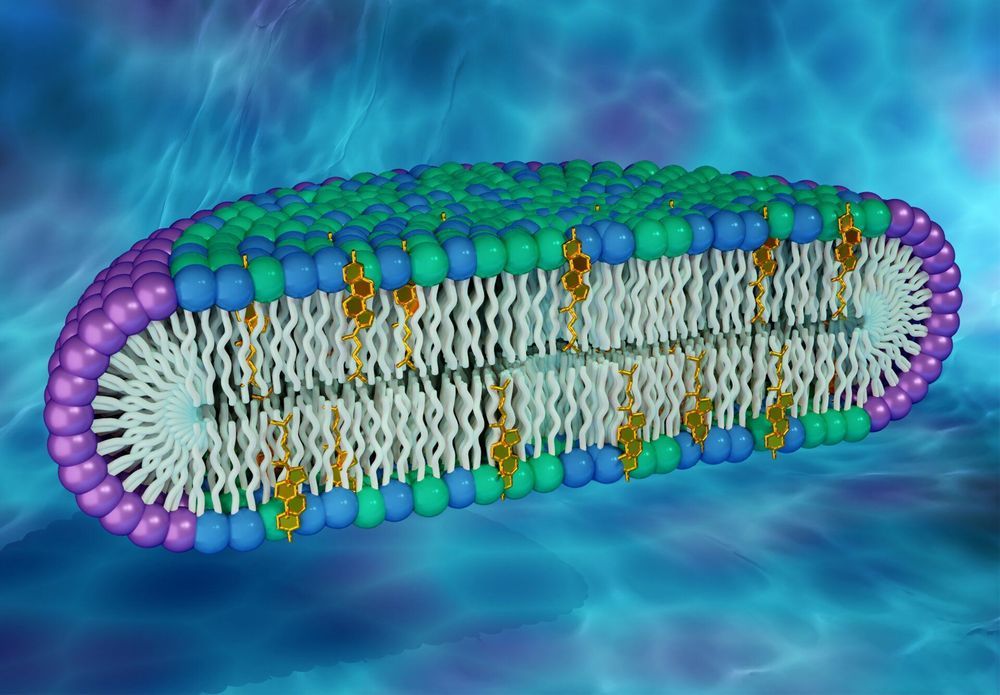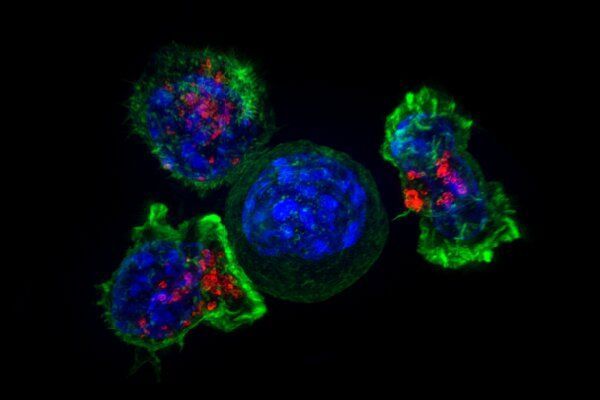The cell membrane, the wall-like boundary between the cell interior and its outside environment, is primarily made up of two kinds of biomolecules: lipids and proteins. Different lipid species closely pack together to form a double layer, or “bilayer,” the membrane’s fundamental structure, while proteins are embedded within or attached to the bilayer.
Membrane proteins are responsible for various important cellular activities, and their dysfunction can lead to serious health issues. Studying membrane protein structures and how they behave will help scientists better understand their connection to diseases and aid in developing therapeutics.
A team of researchers led by Vanderbilt University has recently shed light on how membrane proteins could be influenced by the lipids around them. By developing a novel type of membrane model, the scientists were able to show that the shape and behavior of a protein can be altered by exposure to different lipid compositions.





